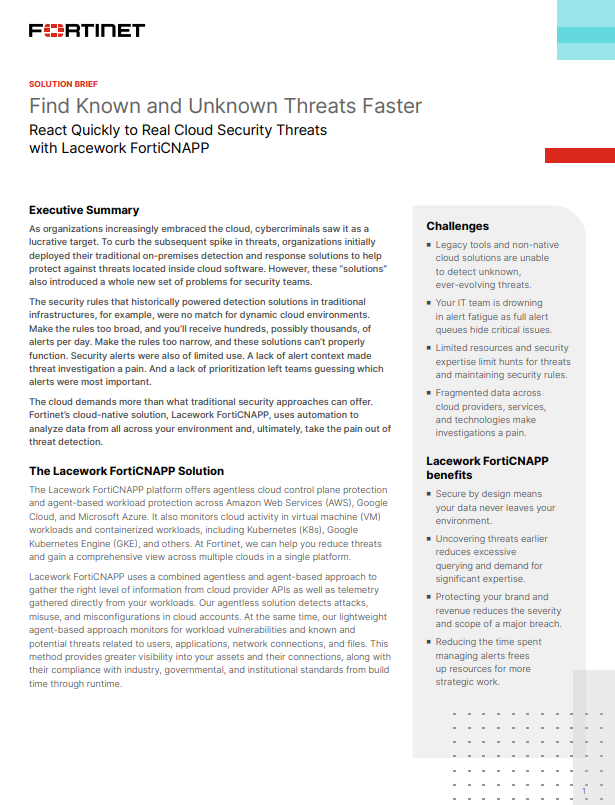What is flexible working?
Flexible working is all the rage, but what is it - and can anyone do it?

Essential tools for flexible working
If you want to work from home, embark on a job-sharing arrangement or change your working hours so you're online when your overseas counterparts are, there is a wealth of technology out there that can help.
Here, we run through our top five pieces of tech for efficient and flexible working. Feel free to add your own additions to this list in the comments box below.
1) Online collaboration and productivity tools
Essential for: Home workers, distributed teams, and job sharers.
The boom in online collaboration and business productivity tools, from Google Apps to Office 365 and services like DropBox, has made it easier than ever for teams to work on presentations, spreadsheets and reports even when they're spread across different locations.
For people in job sharing roles, such as shift workers or part-time staff, these tools allow them to pick up on a task where their colleagues may have left off, while shared calendar functions allow them to keep track of who is doing what when the other person isn't there.
2) Telepresence tools
Essential for: Home workers, distributed teams and firms with overseas customers
If your working arrangements make it impossible for you to be in the same room as your colleagues or clients at a given time, video conferencing tools provide a viable alternative, and steadily becoming a more regular feature in meeting rooms across the UK.
Get the ITPro daily newsletter
Sign up today and you will receive a free copy of our Future Focus 2025 report - the leading guidance on AI, cybersecurity and other IT challenges as per 700+ senior executives
Although, to ensure the meeting runs smoothly and on-time, it's worth testing the equipment in advance and that everyone invited to the meeting knows exactly what software they need to use and have it installed on their machines. Otherwise, the first 30 minutes of your meeting will turn into a glorified tech support session.
3) Instant messengers
Essential for: Home workers and distributed teams
While email maybe the first choice for some, instant messaging tools - such as those offered by Skype - allow for faster, less formal communications, and snappier responses to work-related queries. It is also possible to share URLs, documents and pictures with many of the tools available today, taking some of the strain off of your inbox.
Instant messager tools can also give senior management-types a steer on what kind of hours their workers are putting in while offsite, or make other employees aware that they do not want to be disturbed or are offline at certain times, meaning they're unlikely to be disturbed if they don't want to be.
Furthermore, with many instant messanging apps available on mobile devices, it makes it easier for workers to stay in touch with the office while out and about.
4) A secure home PC
Essential for: Home workers
Gone are the days when employees used to boast of having better IT in the workplace than they do at home, thanks to ever-tightening IT budgets.
The chances are, unless your workplace dictates that company tasks can only be carried out on a work PC, you're going to be using your home PC or laptop for work purposes. This means ensuring its anti-virus software is up-to-date, and that any company data accessed on it is tightly secured and accessed via a VPN connection.
5) A robust broadband connection
Essential for: Everyone
As the old adage states, "you're only as strong as your weakest link," and almost all of the technology we've listed already is highly reliant on having a consistent and fast broadband connection. Without it, the vast majority of the work all of us have to do these days would grind to a halt. So, it's something well worth investing in if you're someone who plans to work from home a lot or a business that wants to take better advantage of all the technologies listed above.
Rene Millman is a freelance writer and broadcaster who covers cybersecurity, AI, IoT, and the cloud. He also works as a contributing analyst at GigaOm and has previously worked as an analyst for Gartner covering the infrastructure market. He has made numerous television appearances to give his views and expertise on technology trends and companies that affect and shape our lives. You can follow Rene Millman on Twitter.
-
 Neural interfaces promise to make all tech accessible – it’s not that simple
Neural interfaces promise to make all tech accessible – it’s not that simpleColumn Better consideration of ethics and practical implementation are needed if disabled people are to benefit from neural interfaces
By John Loeppky
-
 Solution Brief: Find Known and Unknown Threats Faster
Solution Brief: Find Known and Unknown Threats FasterDownload Now
By ITPro
-
 IT professionals aren’t budging on flexible work demands – and more than half say they’ll quit if employers don’t meet expectations
IT professionals aren’t budging on flexible work demands – and more than half say they’ll quit if employers don’t meet expectationsNews Analysis from Randstad shows 40% of UK-based IT pros have quit over a lack of flexible work options, while 31% of workers globally have done the same.
By Ross Kelly
-
 'The tide seems to be turning towards office attendance': 64% of hybrid business leaders want staff back in the office – but many worry that enforcing RTO mandates will drive employees away
'The tide seems to be turning towards office attendance': 64% of hybrid business leaders want staff back in the office – but many worry that enforcing RTO mandates will drive employees awayAnalysis Many UK business leaders want their staff back in the office more frequently, but they’re scared to implement return to office (RTO) mandates in fear of worker revolts.
By George Fitzmaurice
-
 Employees are dead set on flexible working arrangements – three quarters would turn down a role that didn't offer hybrid options as work-life balance becomes more important than pay
Employees are dead set on flexible working arrangements – three quarters would turn down a role that didn't offer hybrid options as work-life balance becomes more important than payNews New research shows workers are increasingly demanding flexible working arrangements from employers.
By Emma Woollacott
-
 Nearly half of tech workers are seeking new roles – declining employee benefits and reduced flexible working options have staff looking elsewhere
Nearly half of tech workers are seeking new roles – declining employee benefits and reduced flexible working options have staff looking elsewhereNews While salaries are rising for tech workers, other benefits are in decline, leading to a fall in job satisfaction
By Emma Woollacott
-
 Untethered: How CIOs and CISOs are paving the way for the new hybrid workforce
Untethered: How CIOs and CISOs are paving the way for the new hybrid workforceWhitepaper Effective techniques to transition from exposed legacy infrastructure to an effective zero trust strategy
By ITPro
-
 Unified endpoint management and security in a work-from-anywhere world
Unified endpoint management and security in a work-from-anywhere worldWhitepaper Learn how to converge endpoint management and security processes and systems to drive efficiency and reduce risk
By ITPro
-
 Why flexible working is critical to ensure talent retention
Why flexible working is critical to ensure talent retentionAdvertorial The changing face of flexible working will be the focal point of a webinar hosted by the Achievers Workforce Institute on July 12
By ITPro
-
 ‘Big three’ cloud providers face business overhaul to continue EU operations
‘Big three’ cloud providers face business overhaul to continue EU operationsNews New security labeling rules for non-EU cloud providers have been a contentious topic in recent weeks
By Ross Kelly


